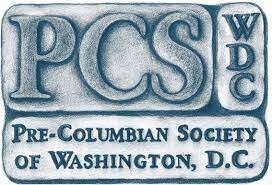This paper explores Andean governmental institutions critical to the first imperial formations in the Middle Horizon, and how the persistence of those institutions even after the political collapse of the state was fundamental to the establishment of future imperial projects in the Andes. I start by examining Wari, a first-generation empire I have used as a basis for understanding the genesis of Andean expansive states. New research on Wari has been critical in understanding how institutions served the state in both incorporating and maintaining connections with distant regions under imperial influence. I then consider the histories of several Inca institutions that were essential to the establishment and maintenance of the empire, and argue that it was through institutional antecedents, especially those adopted and developed by Wari, that Inca imperialism was ultimately so successful.
Ryan Williams, curator at Chicago's Field Museum, has conducted archaeological field research in Southern Peru for thirty years. Williams has directed research on ancient agricultural hydraulics and climate change in the Peruvian Andes and has published on urbanism and the Tiwanaku state. He has led excavations for 25 years at the Wari administrative center of Cerro Baúl (A. D. 600 - 1000), a mesa-top citadel in Tiwanaku territory key to understanding Wari expansion. Funded by the National Science Foundation, the National Endowment for the Humanities, and National Geographic, the examination of political interaction is the primary theme of this research.
Dr. Williams is also interested in the regional analysis of settlement systems and uses geographic information systems and remote sensing applications to study the interaction between ancient peoples and their environments. His focus on regional exchange networks also incorporates geochemical analyses of artifacts for characterizing provenience, production, and distribution of archaeological materials. To this end, he and museum colleagues have acquired several sequential grants over the past two decades from the National Science Foundation to create and sustain the Elemental Analysis Facility at The Field Museum, of which he is the founding director.

